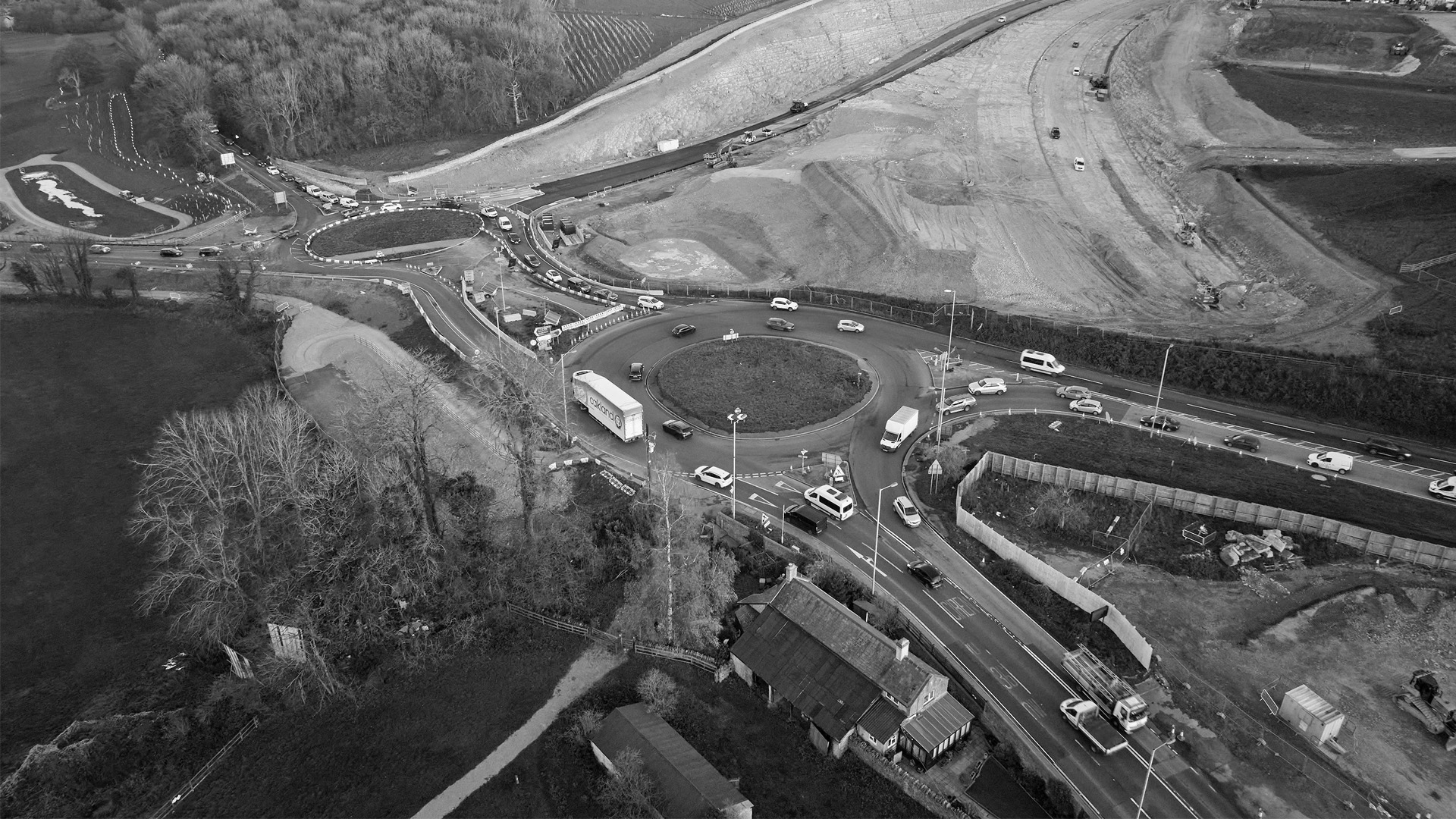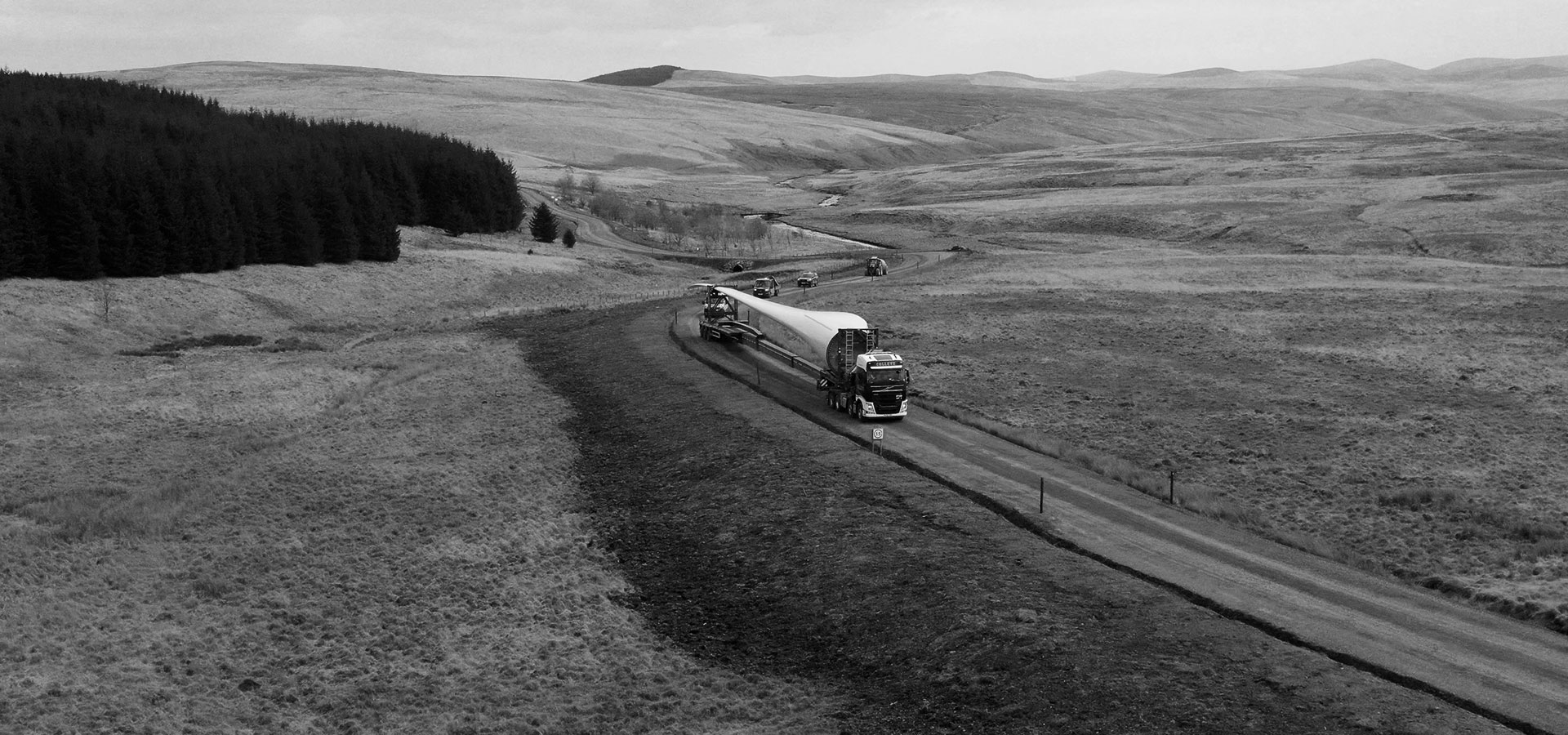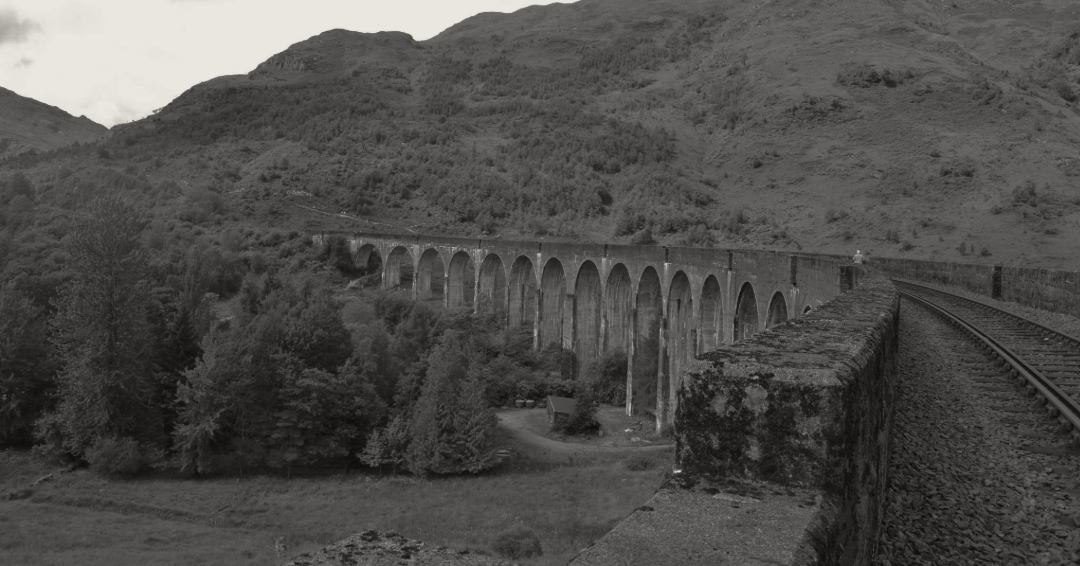Reflections of COP26: The Challenge
The climate challenge we are facing is unquestionably vivid and real. The 2021 Conference of the Parties, or COP26, held in Glasgow, UK in November 2021 made this abundantly clear and, in a way perhaps never quite achieved previously.
The climate challenge we are facing is unquestionably vivid and real. The 2021 Conference of the Parties, or COP26, held in Glasgow, UK in November 2021 made this abundantly clear and, in a way perhaps never quite achieved previously. The message from the COP26 is that we are not on track, globally, to remain below the 1.5°C temperature increase stipulated in the Paris Agreement and for these reasons, more ambitious plans must be put in place by all countries to reduce their carbon emissions.
In the quest for development, progress and betterment, our actions are now having such a detrimental impact on our planet that our very future and the way we are able to live our lives in years to come is in jeopardy …unless we do something urgent and radical now.
The construction sector plays a significant role in providing society with all levels of infrastructure that can make life easier, more comfortable or in some quarters just more tolerable. However, in doing so it consumes huge quantities of resources and generates an adverse amount of carbon. So, how can the industry keep delivering infrastructure that meets the aspirations of society whilst minimising its impact on the planet? What should the industry, as a whole, be doing to address this question?
To start some conversation Tony Gee hosted six round table events simultaneously up and down the country, local to each of its offices. We invited clients from across the industry to listen to a keynote address from engineer and TV presenter, Rob Bell who set the scene for the following conversation and debate about the outcomes of the COP26 conference, sustainability in general and what we could all be doing to play our part.
It won’t come as a surprise that the overwhelming response was that we must do much more and be much better. As engineers we pride ourselves in being problem solvers and this is a problem of epic scale. Our responsibility seems quite clear and the test will come down to the tangible things that we can all do that will make a difference, however small. Archbishop Desmond Tutu once wisely said that “there is only one way to eat an elephant: a bite at a time.” and perhaps this is the right philosophy to apply to the task facing us, although there is no doubt that we need to eat very quickly.
We must take action in a balanced and realistic, yet determined, way. We need to ensure that we do not disenfranchise people by expecting them to attain the unattainable, and then leave them wondering why they do not. Developing infrastructure that supports people to make good decisions rather than punishing them for not doing things they cannot afford to do has to be a step in the right direction but we should also expect to have to go way beyond what we are used to and, moreover what we might have become comfortable with.

The participants in each of the venues captured the essence and the passion of the discussion that took place which has been distilled into common themes. In addition, we at Tony Gee identify some key actions that we will engage with.
- Reducing the demand for resource and energy was a key issue raised in a number of places. Asset owners or managers need to develop better ways of using the energy that is produced. Smart buildings and transport systems that can also self-generate power in a small way that, when scaled up, can make a significant contribution.
- The move away from fossil fuels has already begun but whether this is happening quickly enough remains very topical. Increased investment from Governments and major corporations will be required to really drive this agenda. The UK government has already planned on removing the entitlement to use rebated diesel from most sectors, from April 2022.
- The industry needs to be challenging everything. It must, at all costs retain the public confidence and deliver safe infrastructure but alongside this it should ask questions such as…”do we need to do this at all”, “is there something else that can be re-purposed”, “are we prepared to accept something that is just as productive and efficient but perhaps not as pleasant and comfortable”
- Reducing carbon is something the industry has been doing for a while now. There is a myriad of ways of doing this from use of different products, such as those associated with concrete to looking more carefully at whole life costs of any project or solution. Procuring clients need to become much more demanding and perhaps also be prepared to make some investment up front that will produce longer term, sustainable benefits
- Use ‘big data’ to influence the way we manage things to make them more efficient.
- Reducing waste is something that we can all do at individual, corporate and industry level. We all need to think much more carefully about the impact on the decision that we make. Re-use things (such as coffee cups), fix and mend things, accept second-hand. This is another scalable thing where the sum of the parts can have an impact.
- Should we consider reshaping our lives so we don’t all need to travel, or even own a car. Should we be creating more vibrant local economies, where we do most of our linking between places by cycling or walking, a ‘15-minute community’ where we can be living, working, supply, caring, learning and enjoying within only 15 minutes distance.
- One of the biggest challenges is changing personal behaviours. Decades of development and gradual change will have to make way for radical adjustments in the way we live and consume. There is no easy fix to this but there is no doubt that the COP26 conference brought such issues into sharp focus.
- Perhaps Governments should consider introducing a ‘unit’ of sustainability. Things could then be quantified, not only in monetary terms but as an alternative in sustainable terms.
- Clients can drive the environmental revolution through value-based procurement, how about a brave client being the first to step up to procure based solely on lowest carbon and not price at all. Set the price in the tender documents for all and award to the lowest carbon solution.
What must Tony Gee do?
- Take their share of responsibility for sustainability.
- Engender our We Design Once mantra so that in every case we do ‘design once, engineer right.’ This isn’t just about saving money, it's about how it also impacts the sustainability, or should one have a higher priority perhaps.
- Proactively challenge clients to embrace sustainability across all their procurement in the built environment.
- Engage with the supply chain to look for innovative solutions for all our projects.
- Push back against what we currently understand and raise the bar of current best practice. Is best practice so just because it is what we have always done?
- Demand more of central and local government and challenge current approval procedures
- Get a firm grip of Minimum Viable Sustainable product (MVSP) from across the industry and drive that agenda as hard as possible.
- Broaden the discussion on how economic and beneficial the integration of temporary works into permanent works can potentially be. Tony Gee must become an industry voice for this approach and lead the way.
It is also vital that we recognise that these conversations must continue and be actioned for change to happen. Following these initial discussions, we will be taking these key themes and then will seek to engage with interested industry partners throughout next year.
In concluding his keynote address Rob Bell recognised that there has been a clear shift in how people are thinking about the issues of climate change and sustainability. He expressed his greater optimism in how people are now considering their behaviours and impacts and consumption in general. Governments, on the other hand, are not doing enough. A show of hands at the London venue indicated a general consensus that COP26 had achieved what, as individuals, they had expected. It was a move in the right direction for sure but whether it was far and fast enough remains debatable. We are told that the problems are fixable, but it will take every one of us to play our part, starting now. Failure is not an option.


Recommended Reading




